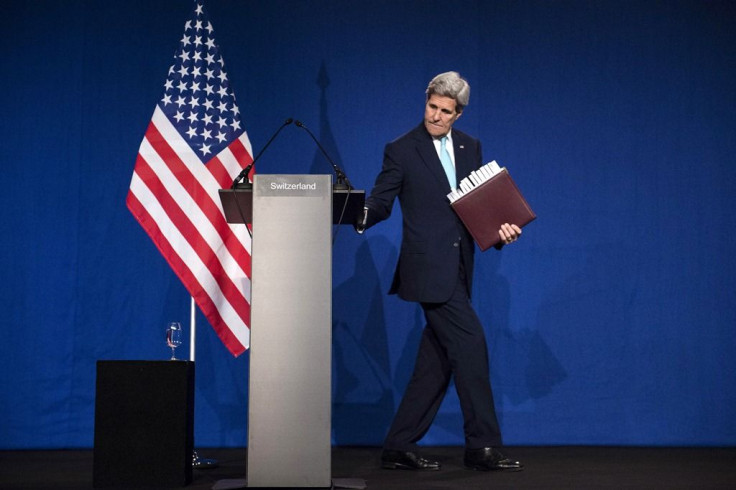US Present May Sign ‘Compromised’ Iran Nuclear Deal, White House Hints

The White House gave a hint that U.S. President Barack Obama might sign the compromised version of the Iran nuclear deal. The new version was unanimously approved by the Senate Foreign Relations Committee.
White House press secretary Josh Earnest said during his daily press briefing on Tuesday that Obama would approve the measure as it stood. However, Earnest said that he would not be able to commit to the position in case the legislation changed.
Arizona Republican Sen. Jeff Flake said that it was only up to Congress to lift the sanctions against Iran that had been imposed by Congress itself. He added that he was glad that the White House recognised Congress’ role in the process.
Senate Foreign Relations Committee Chairman Bob Corker earlier went for a classified briefing with U.S. Secretary of State John Kerry and other top administration officials on the Iran agreement. "What I'm most proud of is we've kept the pure integrity of the process in place and the President cannot lift -- while Congress is reviewing this -- cannot lift the congressionally mandated sanctions, which is what they've been trying to do and push for over the past couple of weeks," Corker said.
House Speaker John Boehner said that Congress should absolutely have the opportunity to review the deal. He added that the administration seemed to want an agreement “at any cost.”
Maryland Senator Benjamin L. Cardin worked with Republicans and the White House during the negotiation process. He also said that it was only Congress which could change or permanently modify the sanctions.
Obama is required to submit the final deal to Congress so that it could have 52 days to review the details. The initial review will consist of 30 days while 12 days will be added if Congress passes a bill and sends it to Obama. Thereafter, 10 more days will be added for congressional review in case the U.S. president vetoes the legislation.
The U.S. president is also required to make a number of detailed reports to Congress. Congress will review reports on Iran’s nuclear program and its ballistic missiles work. Congress will also review the report on Iran’s support for terrorism, especially against the United States and its allies.
Contact the writer: s.mukhopadhyay@ibtimes.com.au





















